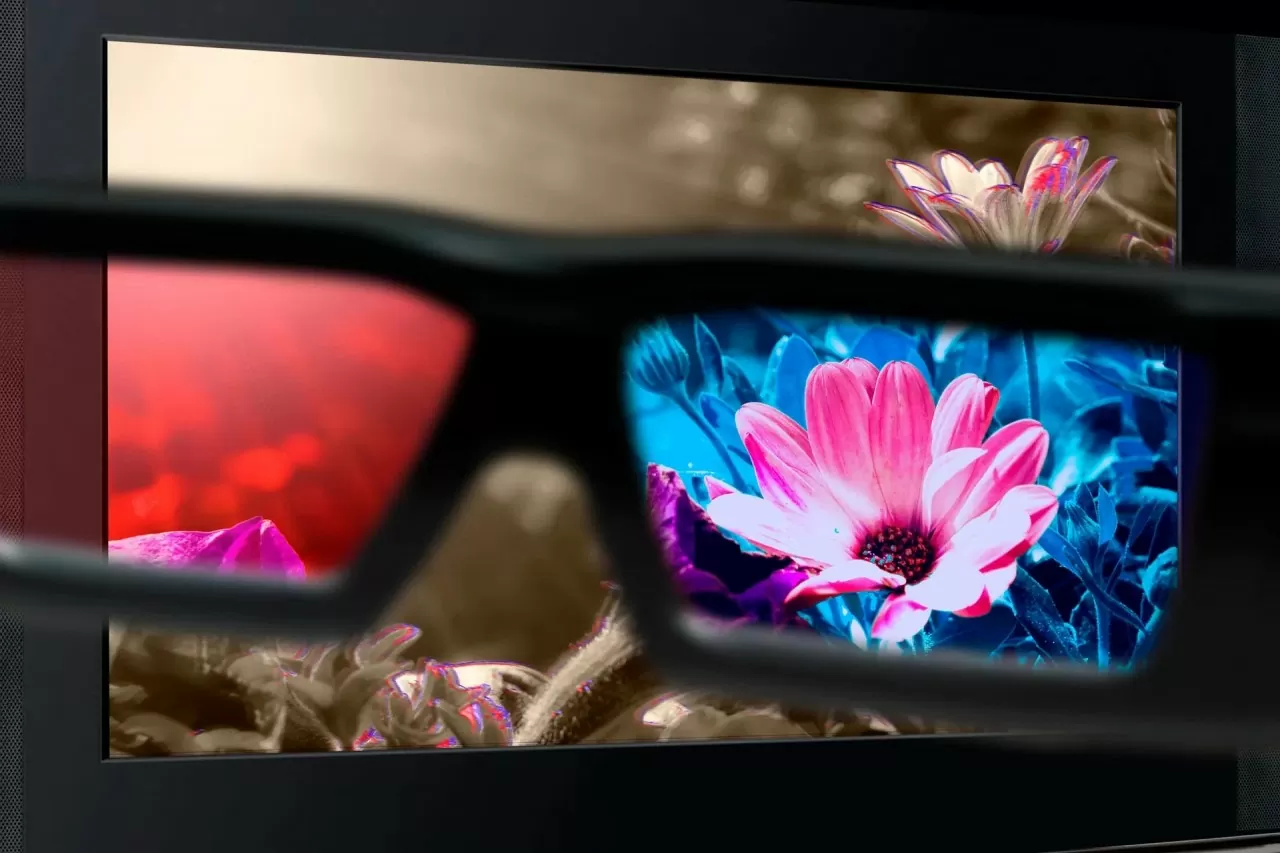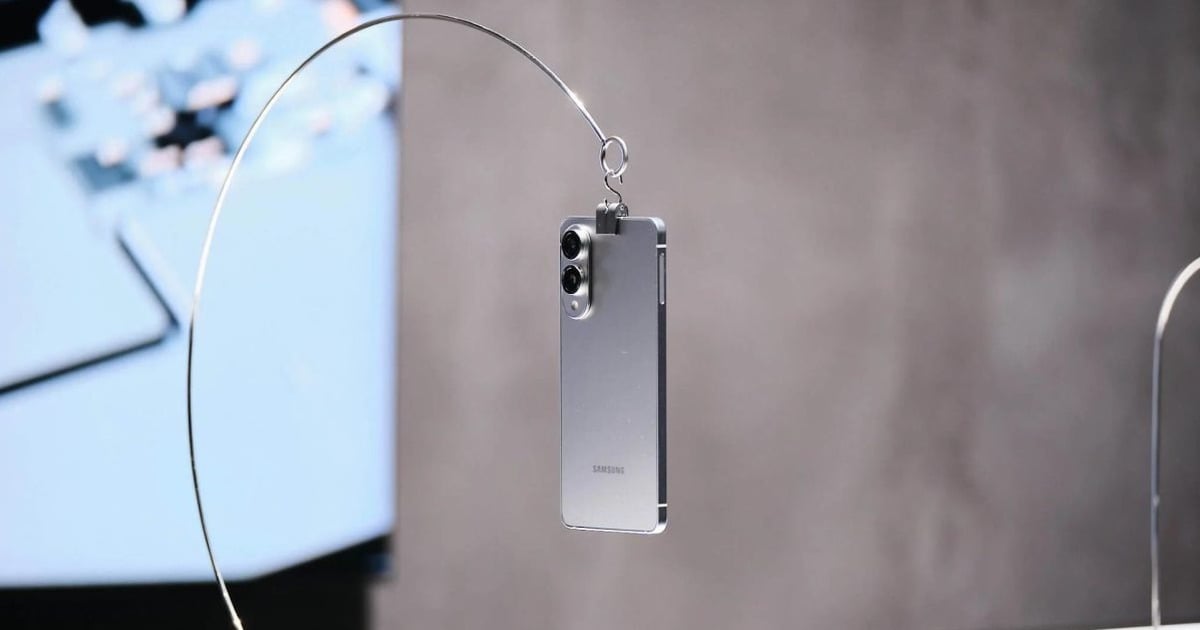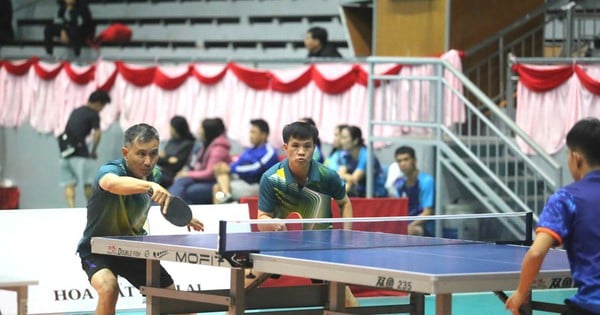The research product can block up to 98% of light in the 660-720nm wavelength range - the wavelength range identified as the cause of seizures in the majority of photosensitive epilepsy patients.
 |
| Scientists have developed lenses that filter out light that causes seizures in epileptics. (Source: New Atlas) |
Scientists at the Universities of Glasgow and Birmingham (UK) have just announced a prototype of special glasses that can block light wavelengths that cause seizures in people with light-sensitive epilepsy.
According to a publication in the journal Cell Reports Physical Science , the prototype lens is made from liquid crystals and can block up to 98% of light in the 660-720nm wavelength range - the wavelength range identified as the cause of seizures in the majority of light-sensitive epilepsy patients.
Professor Zubair Ahmed, a neuroscientist at the University of Birmingham and co-author of the study, said: "This is an incredibly exciting project. When we started four years ago, we thought it was a science fiction idea. Now we have demonstrated the potential of using liquid crystal lenses to filter specific wavelengths of light."
The glasses' operating mechanism is based on a compact circuit integrated in the frame, controlling the temperature of the lenses. When activated, the lenses will be at a moderate temperature, creating a comfortable feeling for the wearer, while effectively blocking light that can cause seizures, especially useful when watching TV or playing computer games.
Professor Rami Ghannam, an electronics expert at the University of Glasgow and lead author of the study, stressed: "This project shows that collaboration between engineering, neuroscience and mathematics can lead to innovations that have the potential to significantly improve patients' lives."
However, the current prototype only works effectively at room temperatures up to 26°C. The team said they are continuing to improve the performance and speed of the glasses before testing them on humans.
Source





























































































Comment (0)